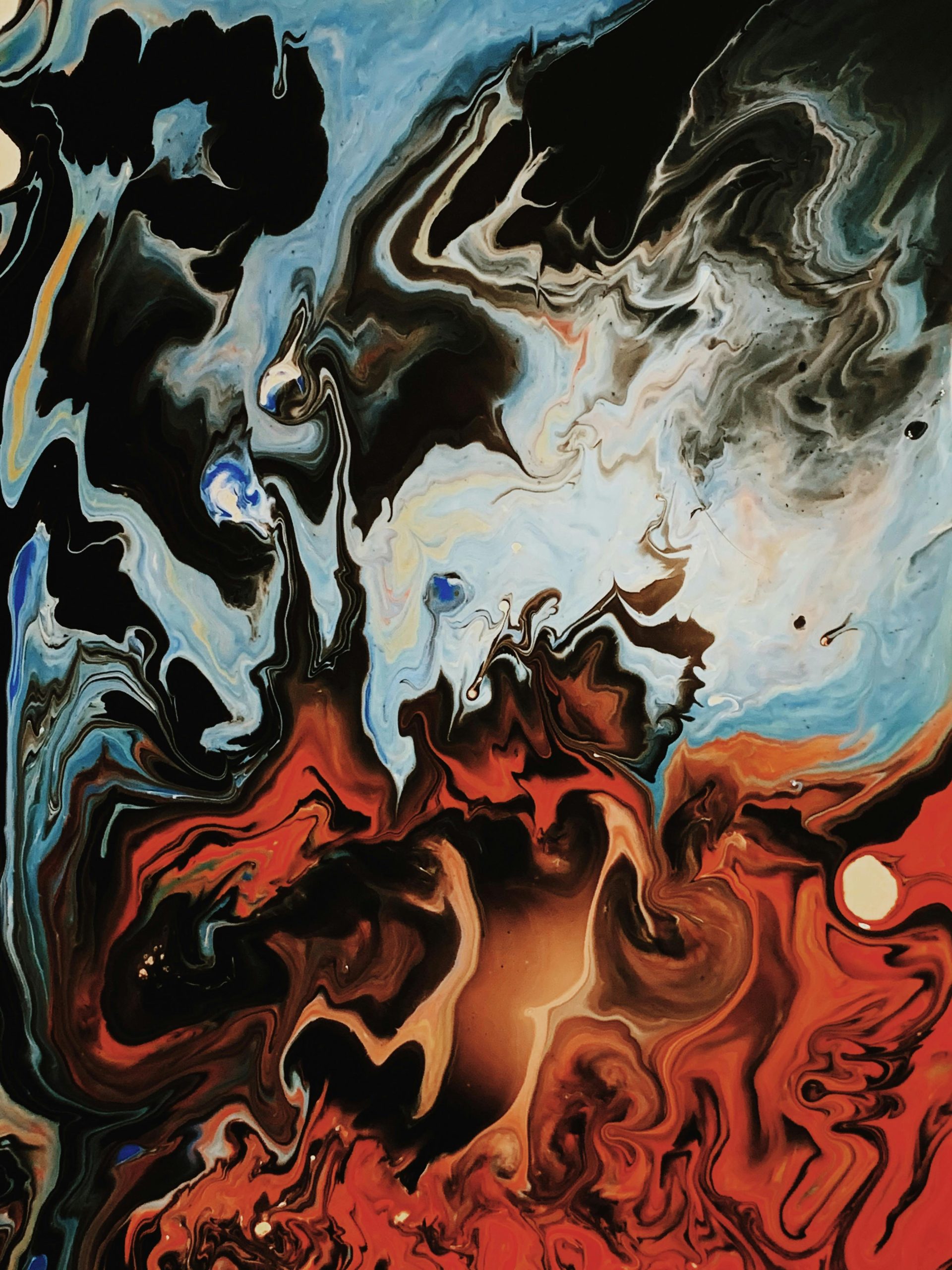Disney and Universal File Lawsuit Against Midjourney: Defining the Boundaries
The Ongoing Debate: Disney and Universal Take Legal Action Against Midjourney
In an intriguing turn of events within the entertainment and technology sectors, Disney and Universal Studios have initiated legal proceedings against Midjourney, branding it as “a bottomless pit of plagiarism.” This lawsuit has ignited discussions about intellectual property rights and the evolving landscape of creativity in the age of artificial intelligence.
The crux of the lawsuit revolves around allegations that Midjourney has utilized the creative works of Disney and Universal to train its AI model. The companies claim that Midjourney has subsequently generated and distributed countless derivative works featuring iconic characters such as Darth Vader, Elsa, and the Minions—all without obtaining the necessary permissions.
As AI technology continues to advance, the implications for creative authorship are profound. This situation raises critical questions: Where do we draw the line between leveraging AI as a tool and allowing it to eclipse the value of human creativity? What happens to our original works in a digital landscape increasingly populated by AI-generated content?
While concerns about copyright infringement are understandable, it is also essential to consider the broader implications of these developments. The boundaries of originality are becoming blurred as AI capabilities evolve, challenging traditional notions of ownership and authorship.
As we navigate this uncharted territory, it’s crucial to reflect on what truly belongs to us as creators and how we can maintain the integrity of our artistic voices in a world where artificial intelligence is becoming an integral part of the creative process. The unfolding legal battle between Disney, Universal, and Midjourney serves as a timely reminder of the complexities and ethical considerations surrounding AI and its impact on the creative industry.














Post Comment